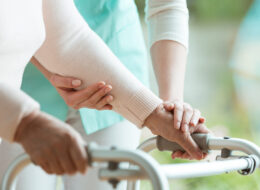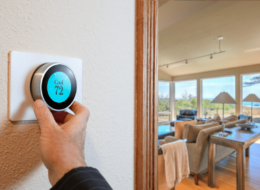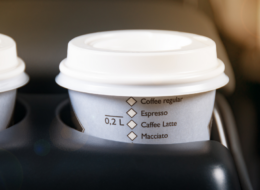If you’re in need of some help monitoring your elderly parents, there’s a wide range of options you can consider.
Technology has come a long way since the days of the home security cameras that only the rich could afford. These days, the technology has advanced to provide great solutions like GPS tags, smartphone apps, and affordable Wi-Fi security cameras.
With these tools, you can easily monitor elderly relatives remotely from the comfort of your home, allowing you to rest easy knowing they are safe!
In this article, we’ll review some of the best ways for monitoring elderly parents remotely, and discuss the pros and cons of each elderly monitoring system.
Is It Ethical to Monitor Elderly Parents?
In discussing options for monitoring elderly parents remotely, it’s essential that we talk about privacy.
We all want to keep our elderly relatives safe, but that doesn’t mean that we can film, track, or record them without their knowledge.
In fact, many states have outlawed various types of recording with consent from all parties being recorded. Other states have variations, such as recording being allowed so long as one party consents, and in some states video is allowed, but not audio. In many cases a streaming camera may be permissible, but not one that records and stored video.
Regardless of your specific state’s legality, it’s a serious violation of a senior’s privacy to record, monitor, or track them without their consent. We recommend discussing the issue with them and explaining why you’d like to keep tabs on their location and activity, and the safety benefits provided.
Consider negotiating certain stipulations such as the location of the camera, or in what context a GPS tracker will reveal the senior’s location. Do your best to work with your elderly loved one, rather than against them.
That being said, in cases or dementia or other severe cognitive decline, decisions about the senior being monitored or recorded would fall to the senior’s legal guardian.
Now that we’ve covered that, let’s jump in to the best strategies and tools for monitoring elderly relatives remotely to ensure that they stay safe!
1. Mobile Smartphone Tracking Apps
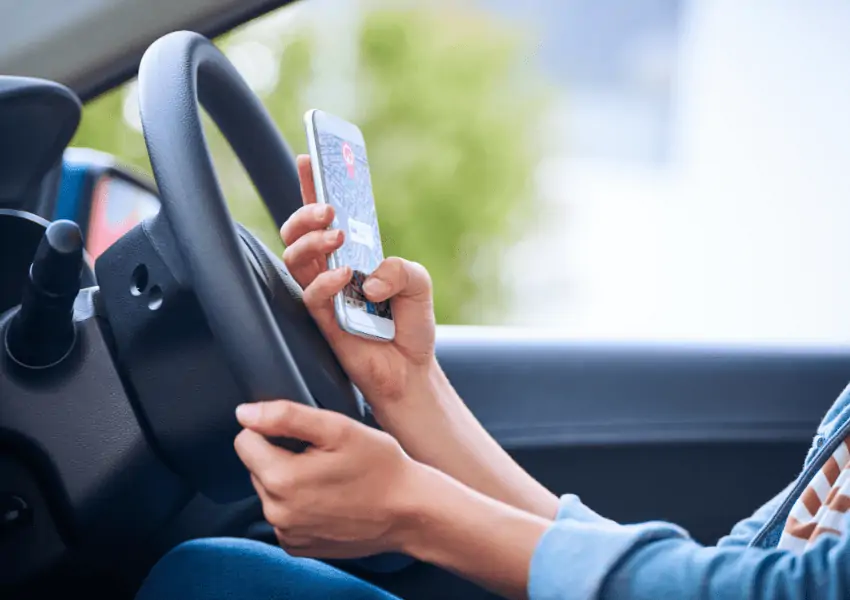
One option for remotely monitoring aging parents is via mobile apps that can be installed on a senior’s phone. These apps are designed to keep track of a phone user’s activities and physical whereabouts, and they’re the most simple type of elderly monitoring systems at your disposal.
Many of these apps are discreet and require no separate monitoring apparatus – just use your companion version of the app to monitor your elderly relative’s location and phone activity, or get text notifications when significant movement occurs.
In a worse case scenario where an elderly patient with dementia gets lost, you can pinpoint their location and come to the rescue if need be. With some of these apps, you can even send messages to remind elderly relatives to take their medications!
A few of our favorites include:
1. AllsWell
AllsWell is a paid mobile app that offers a great balance of safety and discretion. The AllsWell app monitors and detects when a senior’s phone has remained inactive longer than a certain period of time (preset by you).
If the phone has been inactive longer than the set inactivity period, the AllsWell Alert app will send out an email and text alerting a loved one to the senior’s location.
Caregivers and trusted family members (who are pre-programmed into the app) only get notified of the senior’s location if the phone has been inactive longer than usual. Some seniors may feel more comfortable with this app’s design, rather than an app that gives someone else 24/7 access to their whereabouts and geolocation on demand.
2. Senior Safety App
The Senior Safety App is a smartphone app designed to remotely monitor a senior’s location as well as protect against falls, wandering, online scams, and other forms of elder abuse.
Not only can a caregiver or loved one monitor a senior family member’s location 24/7, but the app also allows you to set up a custom geo-fence (like a home or neighborhood) and send out an alert when the device leaves or enters that pre-determined area.
The Senior Safety App also boasts a really neat fall risk feature.
Using the smartphone’s built-in motion sensors, the app can automatically send out alerts to loved ones if it detects a sudden fall. You can also adjust the sensitivity of the fall tracker as needed to reduce the risk of false alarms.
The app also has a number of other handy added features, such as the ability to store emergency medical information (such as what medications a senior is taking), a low battery alert, and even an alert when there is a high level of ambient noise happening around the smartphone.
While there is a free version, it’s extremely basic and doesn’t offer many features. Nearly all the capabilities (including the geofencing, fall alerts, and location monitoring) requires a paid plan.
3. Life 360
Life 360 is another great (and free) monitoring app.
While it’s primarily designed for families to track one another, it has some fantastic features that make it great for caregivers tracking seniors too.
For starters, Life 360 allows you to create a “Circle” of trusted people (such as family members or caregivers) who can see your real-time location on a map at all times. You can also set up custom geofences and receive alerts whenever someone in your Circle arrives or leaves specific areas.
In addition, the app has a great “Driver Protection” feature that uses the smartphone’s built-in sensors to detect if someone is driving erratically (speeding, hard braking, etc). If the app detects that someone is driving dangerously, it will automatically send out an alert to all members of the Circle with the driver’s location.
Overall, Life 360 is a fantastic app for keeping in touch with loved ones and monitoring elderly parents or other family members.
While the basic version of the app is free to use, there are also premium subscription options available that provide additional features and benefits, such as roadside assistance, emergency dispatching options, and even ID theft protection (a common danger for seniors).
4. Glympse
Glympse is a free app that allows you to view the real-time location of anyone who has given you permission and who has it installed on their smartphone.
It’s a great way to monitor elderly parents remotely because you can use Glympse when elderly loved ones are out and about. It’s not as feature-packed as other apps, but it’s simple, free, and easy to use.
These tracker apps can give you peace of mind and allow you to keep tabs on elderly relatives without stressing every minute you’re not by their side.
2. Wi-Fi Security Cameras
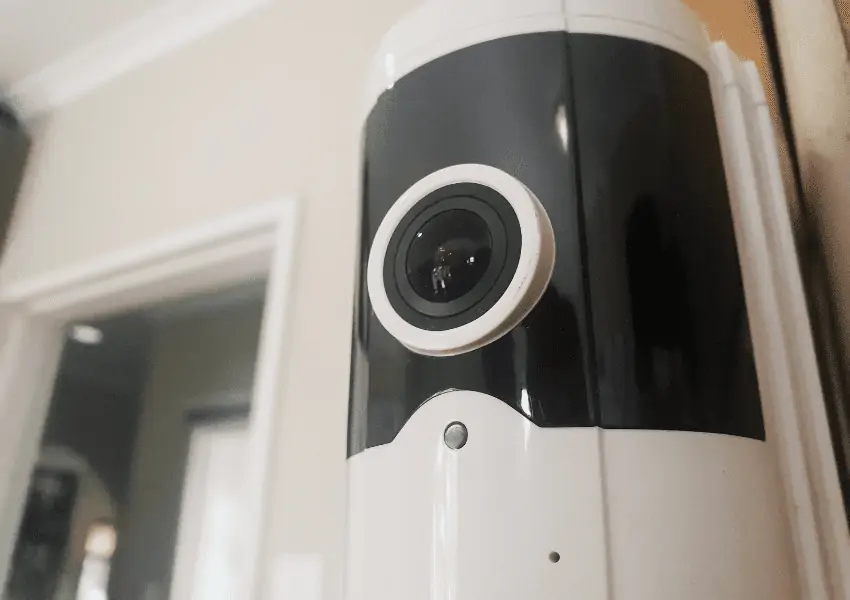
Another way you can monitor elderly relatives remotely is by installing a video monitoring system for elderly in the home. This way, you can check in older loved ones via the Wi-Fi camera’s live feed whenever you want and make sure they’re safe and sound.
While the specifics of various Wi-Fi camera monitoring systems work differently, most of these allow you to live stream at any time, while offering the additional option to record video continuously, or record on a set schedule (recording usually costs an extra membership fee to cover storing the video segments in the cloud, as opposed to live streaming, which is usually free).
Designed to record high-quality video in any lighting condition, they can help keep an eye on an elderly relatives as the move around about the day, of stumble out of bed at night.
Basically, these Wi-Fi cameras work great as an elderly monitoring system.
Many camera monitoring systems are even designed to be motion-activated, alerting you if they unusual sense movement happening outside of a set normal period. You likely won’t want this option for daytime activities, but if you’re concerned about an aging relative falling out of bed at night, turning on this feature in the evening may be beneficial.
There are tons of different WiFi security cameras on the market, but we recommend checking out the Blink Camera or the Arlo Smart Home Security Camera.
Both of these cameras are relatively affordable and offer a wealth of features, such as live streaming, motion detection, night vision, two-way audio, and the ability to store recorded footage in the cloud. They are also both very easy to set up and use, making them ideal for those who may need assistance.
These kinds of security cameras can also be used to monitor incoming healthcare providers or visitors to help decrease any potential risk of elder abuse.
3. Video Doorbells
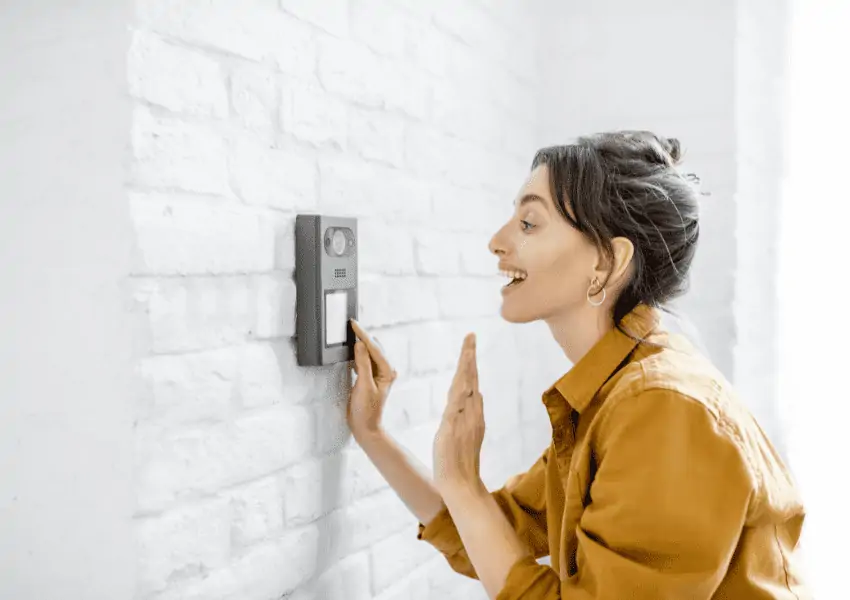
Another great way to monitor elderly parents remotely is by installing a video doorbell at their home. This way, you can see who is coming and going, and even speak to them via the two-way audio feature if needed.
Video doorbells are great if you’re less concerned about an older relative falling or getting injured, and are more concerned about who is coming in and out of the home.
This kind of elderly monitoring system won’t reveal what’s happening inside of the home, but it can help a relative monitor when visiting nurses are coming and going, whether or not Meals on Wheels dropped by with meal kits, etc.
There are tons of different video doorbells on the market, but our top pick is the Ring Video Doorbell. It’s affordable, easy to install, and packed with features, such as live streaming, motion detection, night vision, and two-way audio.
4. GPS Trackers for Elderly Seniors
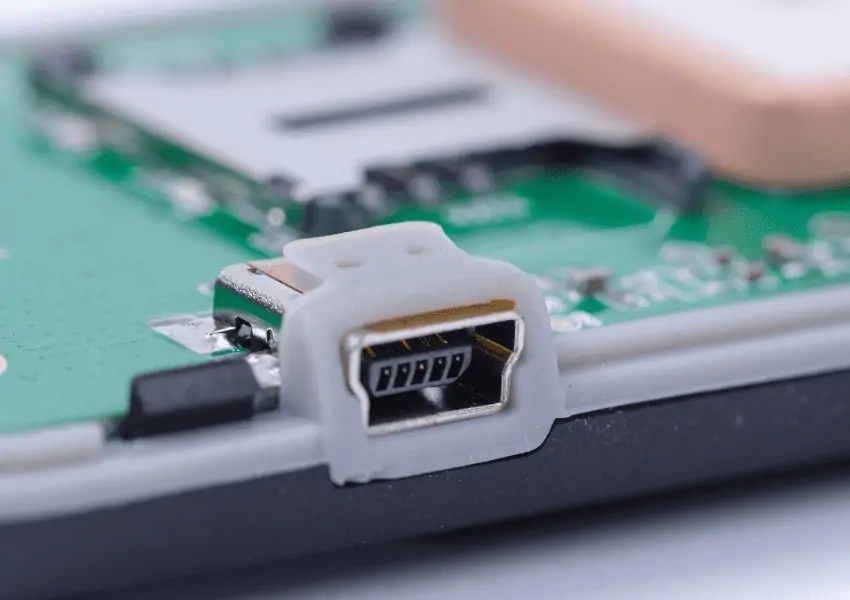
Another option for keeping tabs on an older relative is via a GPS tag.
If your parent is resistant to carrying a smartphone, or if you simply want an extra layer of protection, a mini GPS tracking device or tag is a solid alternative. These devices are small, easy to use, and can be carried in a pocket or hooked onto a keychain.
Some GPS trackers can even can be purchased in the form of watches, wristbands, and other small accessories. There are also small, ultra lightweight GPS tags that can be attached to a senior’s walker, wheelchair, car or even inserted into their purse.
Some of the best GPS tracking devices include the LandAirSea GPS tracker, featuring a small disk that can be put in a senior’s purse, bag, or car, the Invoxia GPS Tracker that features a long, slim stick tracker, and the Tracki 2022 that’s small enough to fit right into one’s pocket!
Each function somewhat similarly in terms of battery life, and offer live GPS tracking as well as geo-fence alerts.
Many individuals want a GPS tracker for the elderly with no monthly fee – however, just about all GPS trackers require a monthly subscription to pay for the cellular service required to continuously monitor and track the device.
Some trackers also have an SOS button, can record weeks of even years of location history, and may offer access to the user’s health metrics, which can be an added bonus!
There are some fantastic tools out there that can monitoring elderly parents remotely easy and simple.
While these tools can be invaluable for helping a senior stay safe, it’s important to not disregard every individual’s right to privacy, so be sure to discuss various security measures with your loved ones before setting up any of the solutions mentioned above.
Have you used any kind of surveillance and tracking tools to keep monitor an older loved one? How did it go? Let us know in the comments!

